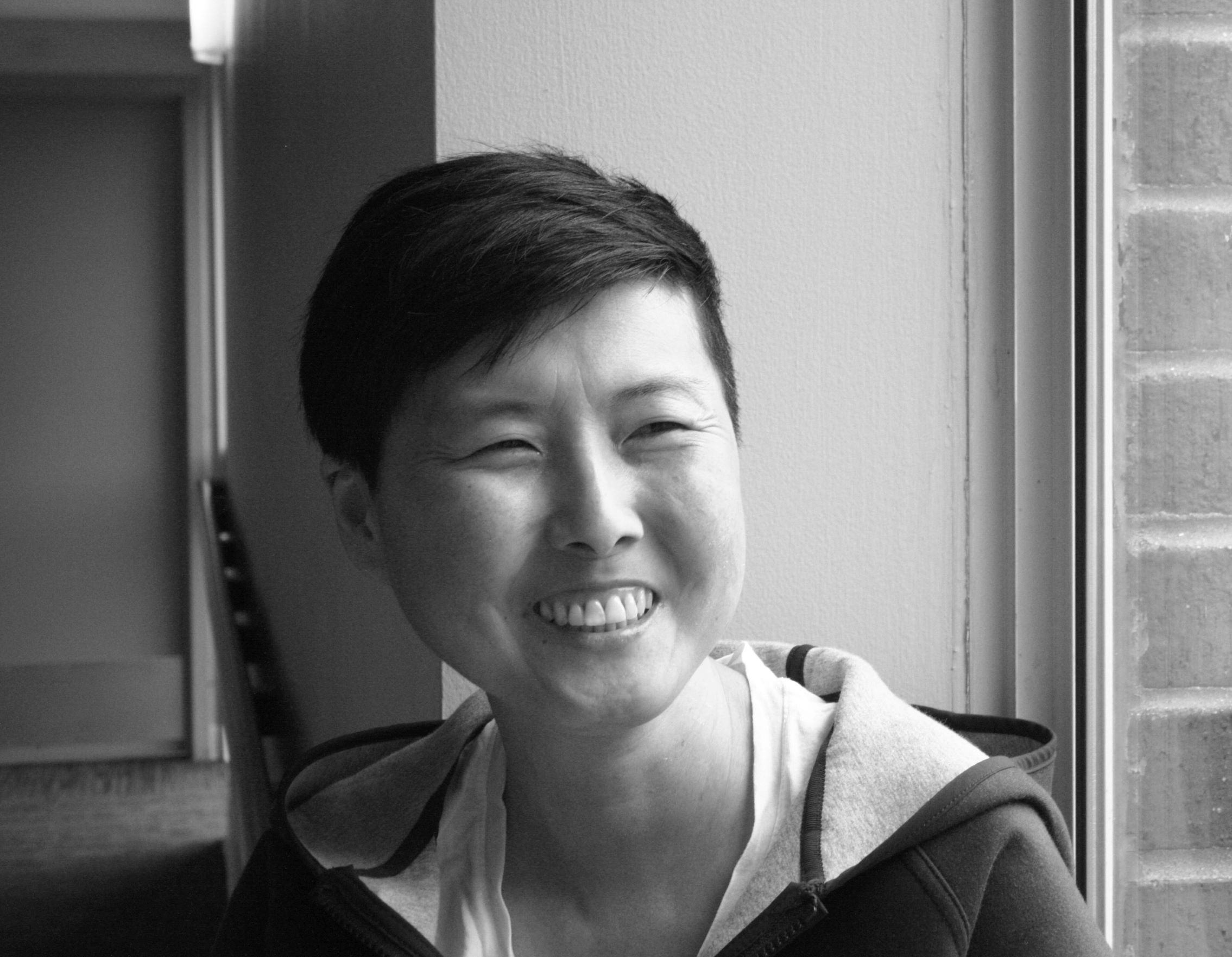
Associate Editor Caitlin Doyle: In “Telling,” May-lee Chai explores how the stories passed down in a family can traverse the devastating intergenerational effects of domestic violence within multiple narratives that portray the aggressor—in this case, the speaker’s grandfather—as both a positive figure and an abuser. As “Telling” unfolds, we learn that the descendants of this particular paterfamilias must reconcile the tales they’ve inherited about his bravery, talent, resourcefulness, and kindness with their knowledge that he abused his wife. The speaker here engages in a powerful act of expression that is both telling and retelling, an interrogation of attempts to elide the violence and a voicing of the long-silenced truths of her mother and grandmother.
To hear May-lee Chai read “Telling,” you can click here:
Telling
We were told the stories about Gramps in the Navy. We were told about the tour of duty in World War I. We were told he learned to be a gourmet cook in France, calf brains scrambled in eggs, sliced cold tongue on a plate, chipped beef on toast in a helmet on the beach. We were told that he was handsome. (He looked just like Walt Disney.) We were told he taught Grandma to cook. (I was seventeen, I was just a girl, I didn’t know anything.) We were told how he remodeled the houses. (First, he put on a porch. He fixed up the chicken coop for our bedroom.) We were told how hard he worked. (He never missed a day. He only drank on weekends.) We were told how he loved to tell jokes. (“Quick,” he’d say if we farted, “catch it quick, paint it green, and sew a red button on it!”) We were told he was restless, always looking for a new opportunity. (We’d move in the middle of the school year. Sometimes just a few days from the end. My teachers never knew me.) We were told he had gourmet tastes. (He cooked the rabbits. He didn’t know they were the children’s pets.) We were told how he liked his home kept. (If there was ever just one little thing out of place. And you know with eight children . . . )
We were told how he hit Grandma. We were told he did not hit Grandma. We were told how he punched Grandma, how he choked Grandma once, both hands around her throat. (I remember it was the middle of the night. I ran to the neighbors. They said there was no need to call the sheriff. They made me hot cocoa to drink.) We were told he was unsteady. (We never knew where the next paycheck was coming from. We all had to work. Mother charged me rent.) We were told he did not punch Grandma. (Daddy would never do such a thing. It wasn’t that bad.) We were told he was steady. (Such a good provider.)
We were told how he loved his family. (He always liked you best. He fixed up that car for you. He listened to you. He wanted to make you happy.) We were told he never drank on workdays. We were told he was a hero. We were told he enlisted when he was seventeen. (He lied about his age.) We were told he was related to the Founding Fathers. (We are related to George Washington. You should be proud of the white side of your family.) We were told he had the family crest to prove it. (He was always proud of his family.) We were told we were ungrateful. We were told we were exaggerating. (We come from a good family.) We were told that’s not how someone else remembered it. (Mother provoked him. I had it worst.) We were told not to tell.
May-lee Chai (翟梅莉)is the author of ten books of fiction, nonfiction, and translation. Her latest short story collection, Useful Phrases for Immigrants, was published in October 2018 by Blair. She teaches in the MFA program in creative writing at San Francisco State University. Her writing has been awarded a National Endowment for the Arts fellowship, Bakwin Award for Writing by a Woman, Jack Dyer Fiction Prize, Asian/Pacific American Award for Literature, named a Kiriyama Prize Notable Book, and recipient of an honorable mention for the Gustavus Myers Center for the Study of Bigotry and Human Rights Book Awards. You can visit her online here.
For more miCRo pieces, CLICK HERE










